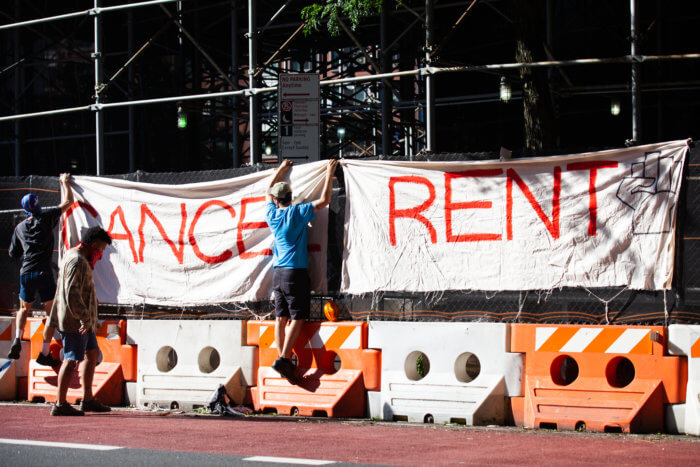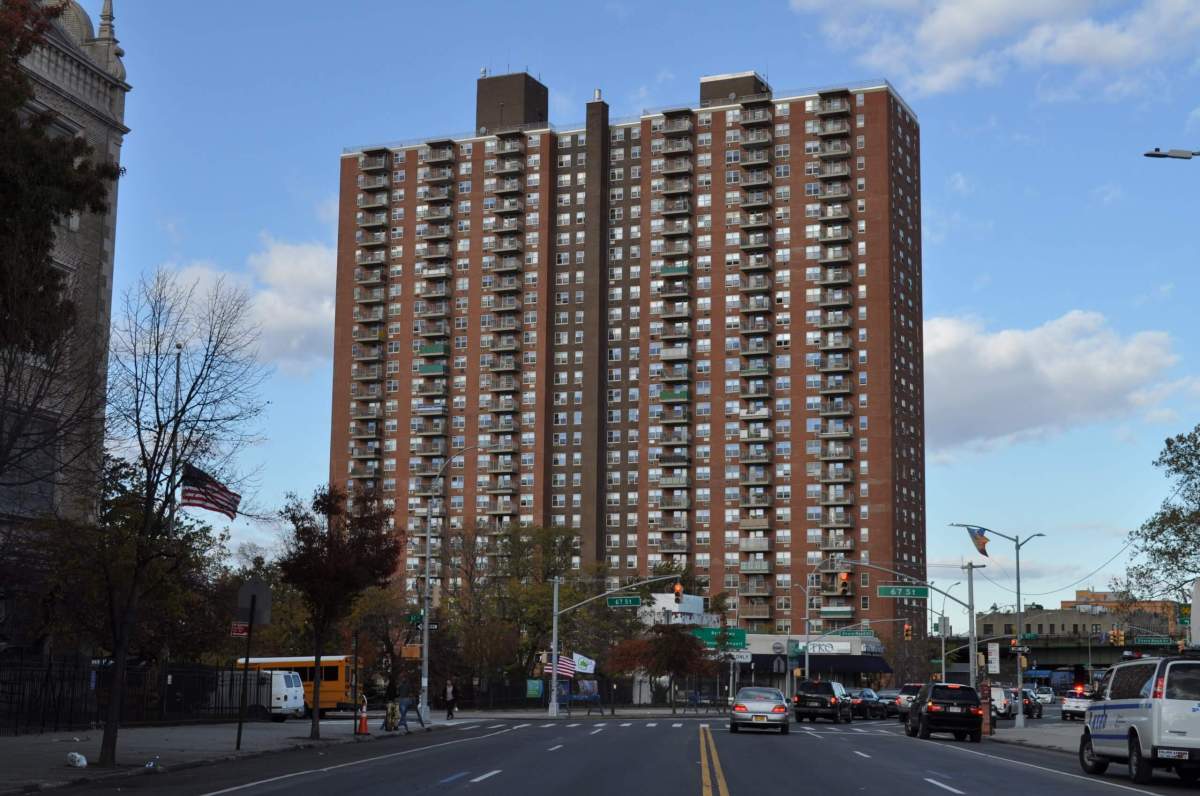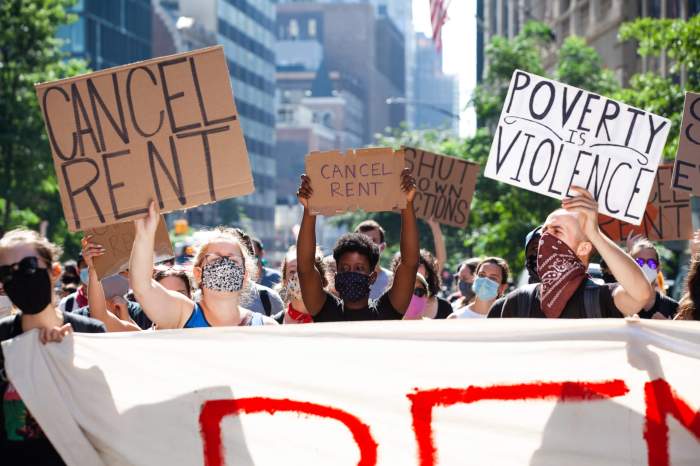The Rent Guidelines Board has recommended allowing significantly higher rent increases on rent-regulated apartments this year than have been allowed for more than a decade.
The board, which sets the rates at which landlords can raise rents in the city’s nearly 1 million regulated units, recommended increases of between 2.7 and 4.5 percent for one-year leases and 4.3 to 9 percent for two-year leases. That’s well above the rates seen throughout the de Blasio administration: increases never topped 1.5 percent for one-year leases or 2.75 percent for two-year leases during the previous mayor’s tenure, and rents were frozen in multiple years.
The proposed rate increases are not final: the board is set to hold a series of public meetings in the coming months to hear perspective from both landlords and tenants, and will hold a final vote on rate increases in June.
However, the proposed rates seem to reflect optimism from landlords that the Eric Adams administration will usher in a new era of owner-friendly governance. Adams’ appointees to the board have included Arpit Gupta, an economist at the conservative Manhattan Institute who has previously voiced skepticism of rent regulation.
Landlords contend that their costs have gone up significantly in recent years but haven’t been able to raise rents in tandem; RGB executive director Andrew McLachlan said in a presentation on Thursday that labor, fuel, utilities, maintenance, administration, and insurance have all shot up this year, with fuel and insurance seeing particular upswings, though taxes have decreased.
“It can’t be understated that across the board, increases are up,” said Christina Smyth, a landlord rep on the board appointed by Adams. “We’re just simply trying to maintain equilibrium here at the board, we’re not trying to hit home runs for either side, we’re just trying to cover expenses and keep it level.”
But the proposed increases for rent-stabilized tenants come as their market-rate brethren are facing massive increases, often hundreds of dollars, after a brief pandemic-era dip, and as evictions resume in New York following the expiration of the eviction moratorium. Landlords are filing so many evictions in housing court that there are not enough lawyers to represent all of the bounced tenants, as required by city law, though the court says that that is not their problem and is continuing to hear cases anyway.
Wages have in recent decades not kept up with inflation in cost-of-living, especially when it comes to housing. New York City residents are also heavily rent-burdened, meaning they spend a high percentage of their income on their rent: 42 percent of New Yorkers were spending more than 30 percent of their income on rent in 2017, with 23 percent spending more than 50 percent, per city data.

Advocates and pols responded with dismay to the board’s recommendations.
“With rents already skyrocketing, working-class families will have to find thousands of extra dollars just to stay in their homes,” the City Council’s Progressive Caucus said in a statement. “We need solutions that protect tenants & address the affordability crisis in our City. People are still recovering from the impacts of COVID-19 and this recommendation ignores the economic reality of too many New Yorkers. People can’t afford rent hikes, they need economic relief.”
City Comptroller Brad Lander echoed the caucus’s concerns and said the board should hold a “fair public process” before a final vote.
“With 200,000+ evictions pending & wages not keeping pace with rising inflation, it is clear that NYC tenants cannot afford the egregious rent hikes the Rent Guidelines Board proposed,” Lander said. “The Rent Guidelines Board must hold a fair public process this spring.”
The mayor’s office declined to comment.






















